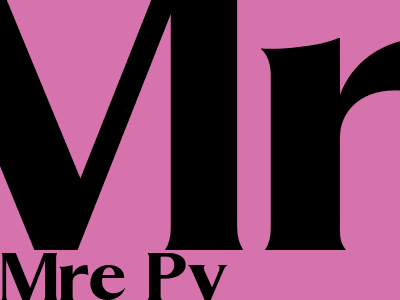Unlocking the Power of Python for Beginners: A Comprehensive Guide
Why Python?
Python has become the preferred choice for beginners due to its simplicity, readability, and versatility. Its easy-to-understand syntax and extensive library support make it ideal for both personal projects and professional applications.
Getting Started with Python
Step 1: Install Python
Visit the official Python website to download and install the latest version of Python for your operating system. Follow the installation instructions carefully.
Step 2: Choose a Code Editor
A code editor, such as Visual Studio Code or PyCharm, is essential for writing and editing Python code. These editors provide features like syntax highlighting, auto-completion, and debugging tools to enhance your development experience.
Step 3: Create a Python File
To create a Python file, open your code editor and create a new file with a ".py" extension. For example, "helloworld.py". This file will contain your Python code.
Exploring Python Basics
Syntax and Data Types
Python uses simple syntax similar to English language. It supports various data types such as strings, integers, and floats. Understanding data types is crucial for storing and manipulating data.
Variables and Operators
Variables store data in memory and can be assigned with the "=" operator. Python offers a wide range of operators for performing arithmetic, logical, and bitwise operations.
Control Flow
Control flow statements, such as conditional statements (if, elif, else) and loops (for, while), allow you to control the execution flow of your code based on specific conditions.
Intermediate Python Concepts
Functions and Modules
Functions group related code together for reuse and organization. Modules allow you to import and access code from other Python files, promoting code modularity.
Object-Oriented Programming
Python supports object-oriented programming principles, enabling you to create and organize code around objects. Classes and objects encapsulate data and behavior.
Data Structures
Python provides a range of data structures like lists, dictionaries, and tuples for organizing and accessing data efficiently. Understanding these data structures is essential for data manipulation.
Advanced Python Topics
File Handling
Python offers file handling capabilities that allow you to read, write, and modify external files. This is essential for interacting with files on your computer or network.
Database Connectivity
Python supports database connectivity through modules like SQLAlchemy. This enables you to connect to and interact with relational databases for data storage and retrieval.
Web Development
Python frameworks like Django and Flask provide tools for building dynamic and scalable web applications. These frameworks simplify web development tasks and accelerate the development process.
Conclusion
This comprehensive guide has provided a solid foundation for beginners to embark on their Python journey. From basic syntax to advanced concepts, this guide has covered the essential aspects of Python to empower you as a developer. Embrace the versatility and power of Python to unlock your potential and create innovative solutions.

Komentar